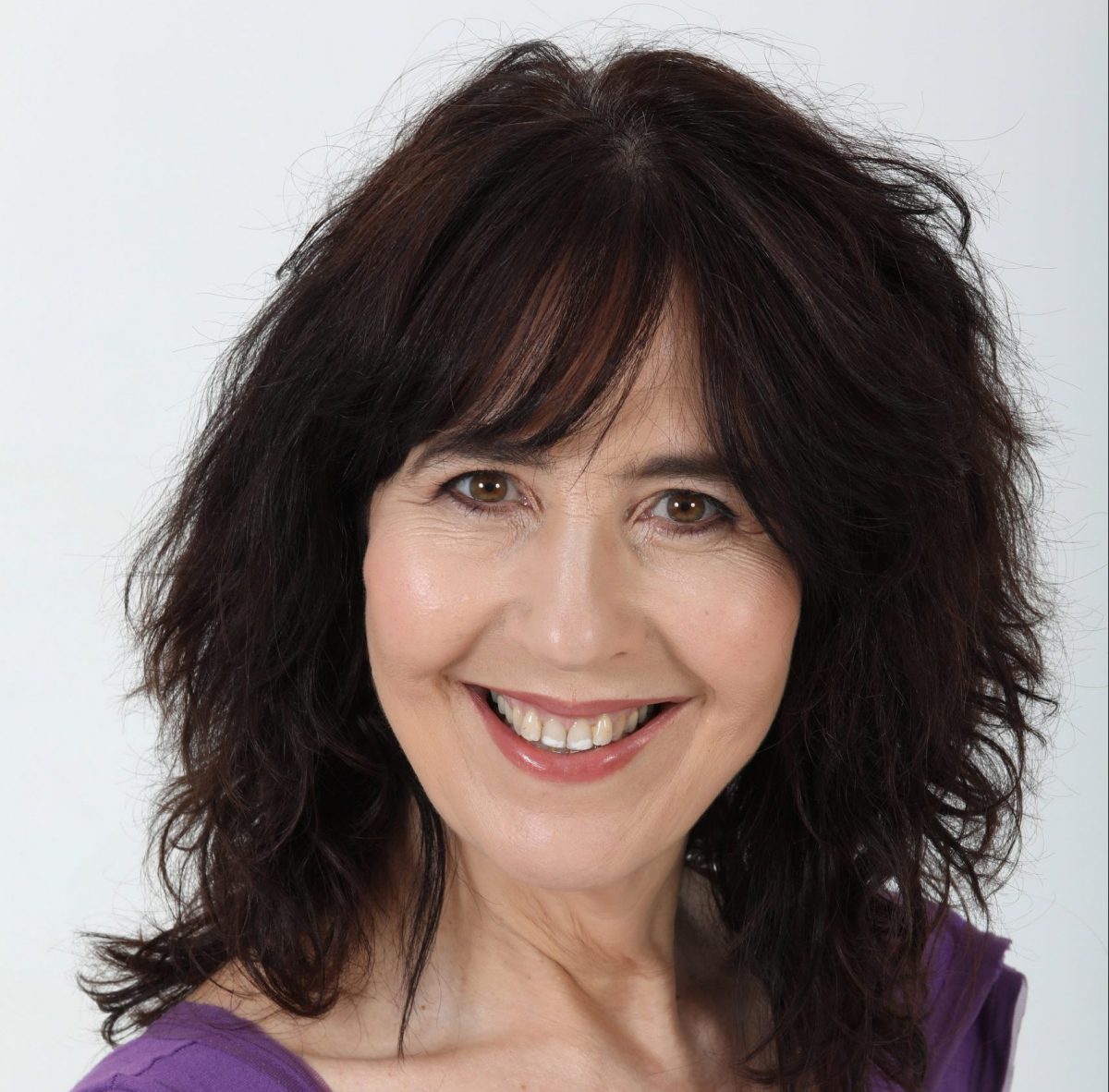
The Jewish Report Editorial

The great return
For what seemed like an endless stretch of time during the COVID-19 pandemic, we were unable to get involved in community events of any kind.
It was a strange time, one that looking back is almost hard to recall in its entirety. I don’t remember exactly what it felt like not to be able to pop into a mall or go out for a coffee when it suited me.
My point is, we dreamt of going to shul or spending time with friends back then. Having a conversation with someone you didn’t live with and being able to look them in the eye and read their body language was something we missed.
We lost a great deal over this time, but it has passed.
And now, after two years of not being able to, we’re having the Shabbos Project in person again.
Perhaps in the past, you may have found yourself calling this annual event passé, but what could possibly be passé about spending Shabbos with family, with community, with people who mean something to you?
What could be passé about doing something meaningful over a Shabbos with the local community and Jews around the world?
I’ve heard it said that this is the one weekend on which many people actually keep Shabbos. This means that over the Shabbos Project weekend, people get to experience Shabbat, something they don’t otherwise make time for. Perhaps it will spark the flame to do it again another time for no other reason than it was meaningful and perhaps it felt spiritual.
Maybe it felt better than spending Saturday running around doing shopping or catching up on things you didn’t get done during the week. Those Saturdays are exhausting and hardly feel special. They don’t make you feel the unique difference between the rest of the week and Shabbos.
These are just my thoughts, and I’m certainly not anyone’s Shabbos role model, but I do see the beauty of the Shabbos Project.
For me, it’s about all that we missed doing as a community when we were at the height of the pandemic.
This project is yet another reminder of how fortunate we are to have this unique community, whose members, for the most part, really enjoy spending time together.
This sense of community is a reminder of my days first at Bnei Akiva and then Habonim machaneh. Those were some the finest holidays in my youth. I remember them with so much love.
Times have changed. When I was at Habonim as a teenager, we showered in open-air showers with cold water. It may sound terrible to you, but in my memory, the incredible feeling of that cold water rushing over you after a hot day on the beach was refreshing and wonderful.
But it was the camaraderie and friendships we made that made it worthwhile. I still remember some of the songs and war cries.
I recall eating in the outdoor chadar ochel with friends around – ones I had only just met and others I had made at machaneh the year before. I remember the laughter and so much fun. There were no cell phones or tablets. There was hardly time to read a good book because there was so much good, clean fun to be had with children of the same age, all of whom were there for the same purpose.
There was always someone to chat to, someone to have fun with, someone to pour your heart out to, and perhaps even someone to catch your eye.
That’s machaneh – or my memories of it back in my day. However, having spoken to many teens who are involved now, it hasn’t changed much. The fun and activities are the same, just a little more modern. One clear difference is that we definitely didn’t have good coffee back then.
Machaneh is a life-changing and growing experience for any young person, and one that occurs within the community.
I spoke to a teenage girl in December last year just after the camps were cancelled due to the COVID-19 pandemic. She was devastated. She had spent the whole year looking forward to yet another experience like the one she had two years before.
She told me that she was happy to go to Cape Town with her family, but it was much more work than camp. At camp, she said, your friends are around you and your days are planned. All you have to do is be there and be willing to get involved, and the fun happens.
In Cape Town or wherever you and your family choose to go, days may go by when you do almost nothing but hang out with your screen. On family holidays, spending time with friends takes effort to arrange, and then you need parents to make it happen. It’s so much more complicated, and not even half the fun.
It’s great chilling with the family after camp has ended, when you want to relax and spend time with the folks and siblings you may have missed. But there are few experiences that quite compare with machaneh. See page 10.
Why am I going on about this? It’s simple. For two years, there were no camps. For two years, Jewish children made other plans because of the pandemic. And there are now many children who have no idea what they would miss by not going to camp.
All I’m saying is that it doesn’t matter whether you go to Habonim, Bnei Akiva, or Netzer, what matters is that you don’t miss out on this experience of a lifetime.
If it isn’t for you, you need go only once. But I don’t know many people who chose to go to machaneh only once.
Think about it – it’s not too late to apply for this year.
May this be an extraordinary Shabbos!
Peta Krost
Editor






